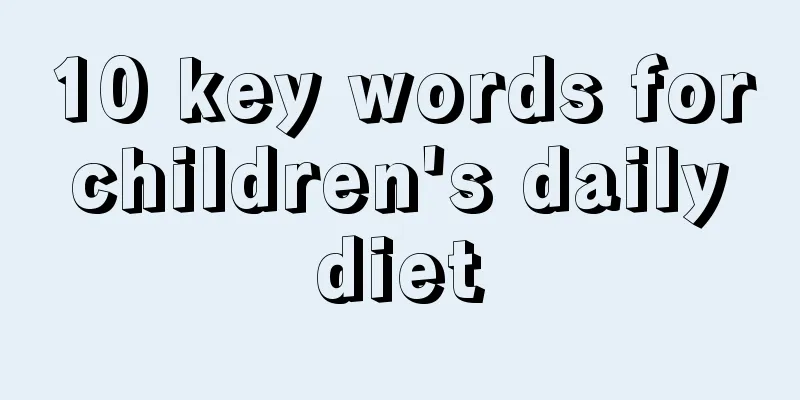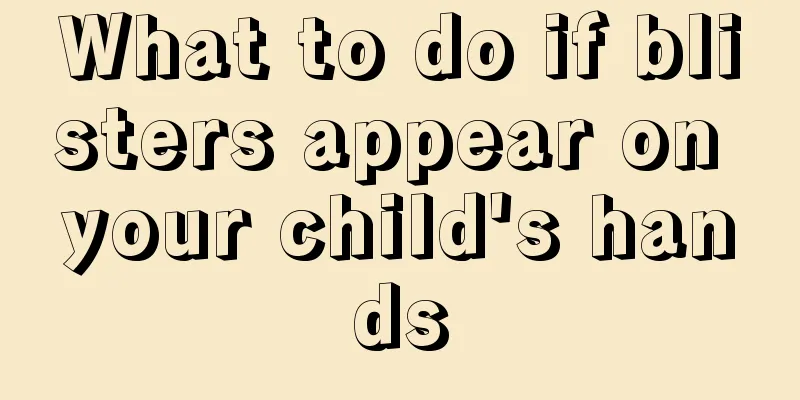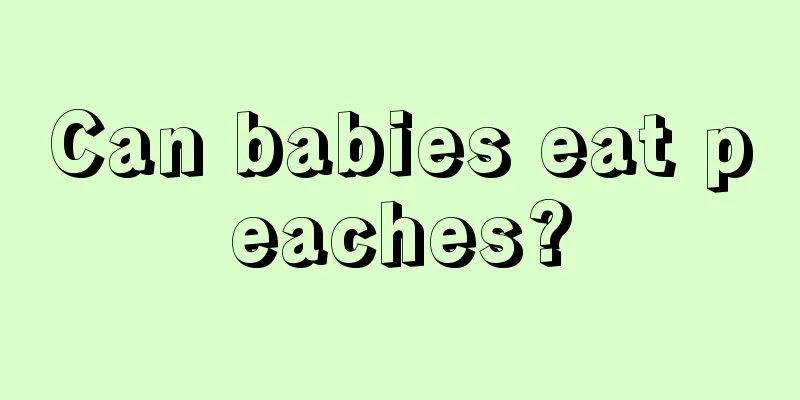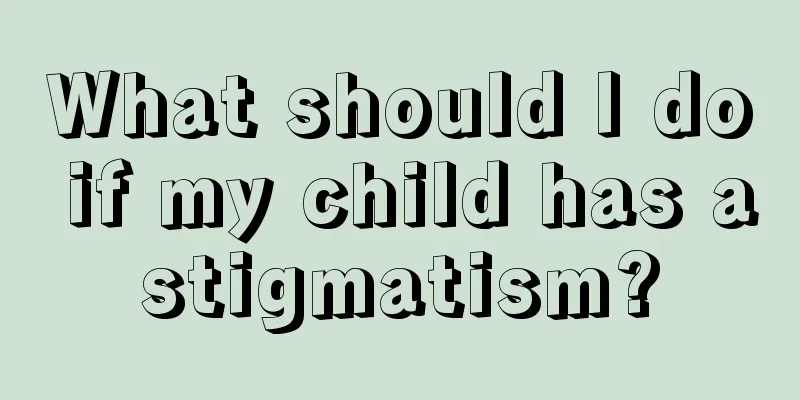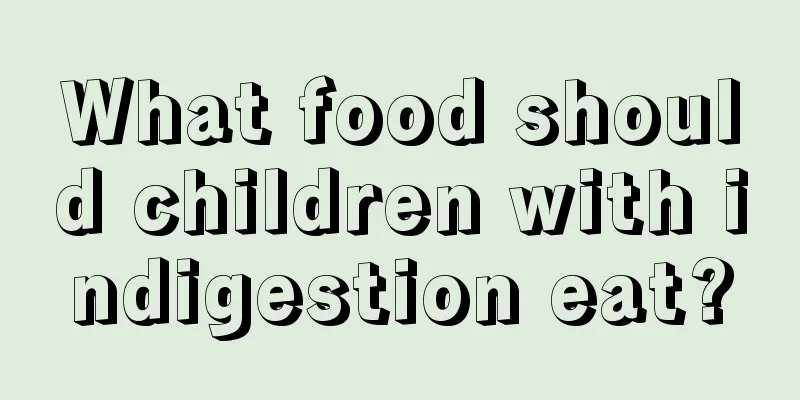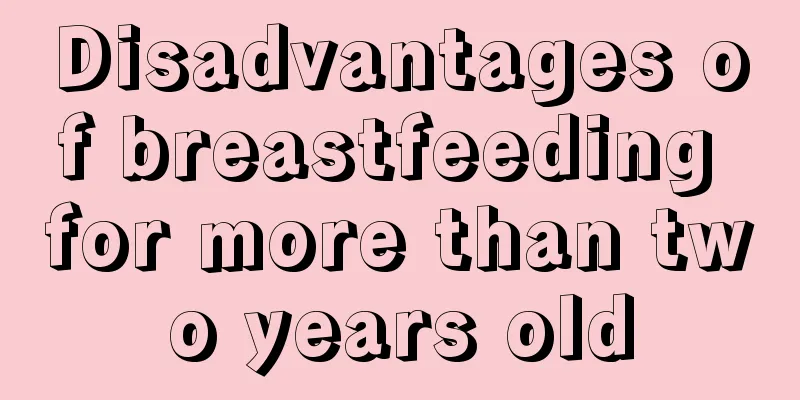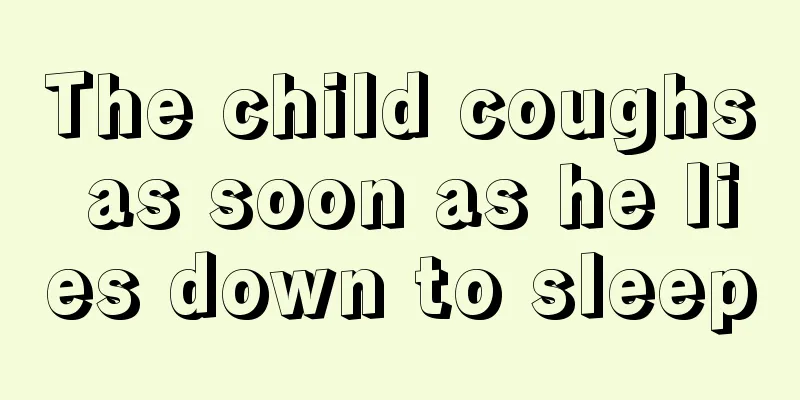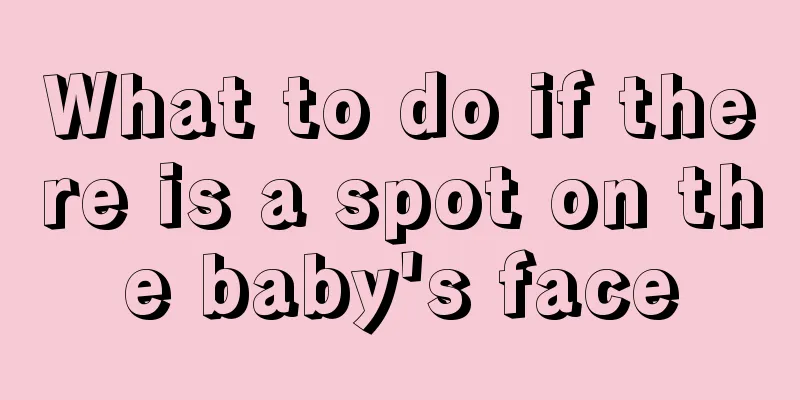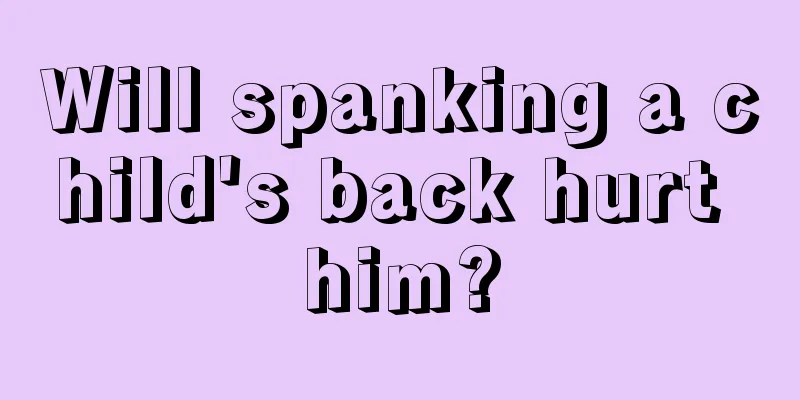What are the symptomatic treatments for pneumonia in children?
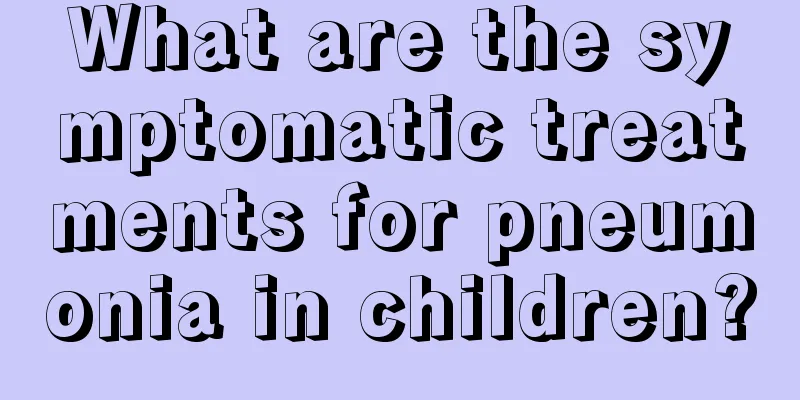
|
In the autumn and winter, there are long queues of parents bringing their children to the pediatric department of the hospital. Colds, fevers, and coughs are the most common symptoms of children at this time. Many families risk cross-infection and wait in long queues with their children. There is only one reason for this. If these symptoms are not treated in time, they may turn into pneumonia. Pneumonia is not scary. Pneumonia in children should be treated symptomatically. Let us learn about it below. Recently, the Chinese Center for Disease Control and Prevention conducted a survey on children under 5 years old with pneumonia in Beijing, Shanghai and Guangzhou. The results showed that pneumococcal infection accounted for 50% and the mortality rate exceeded the incidence of congenital heart disease in infants and young children, making it the number one killer of children under 5 years old. Pneumococcal disease is a group of infectious diseases caused by pneumococcus that may lead to serious consequences, including pneumonia, meningitis, bacteremia, otitis media and other malignant diseases, which can cause serious consequences such as respiratory failure, myocardial damage, and even death. Children under 5 years old, especially infants under 2 years old, are more susceptible to pneumococcal invasion because their circulating pneumococcal antibodies are still at low levels. Pneumococcal bacteria can be spread through coughing or sneezing and remain dormant in the body for a long time. Relevant surveys show that about a quarter of healthy children in my country carry pneumococcus. Currently, the main means of treating pneumococcal disease is the use of antibiotics. At the same time, due to the extremely common use of antibiotics in pediatrics in my country, drug-resistant pneumococci are more likely to survive, which may lead to the failure of clinical empirical antibiotic treatment at conventional doses, causing serious consequences and even death. After recovery, it often causes many sequelae. According to experts, from the current domestic clinical perspective, the initial symptoms of pneumococcal disease are usually respiratory tract infection symptoms, such as fever, chills, vomiting, ear pain, cough, etc. These symptoms are generally difficult to identify. Many children are often sent to specialized hospitals only when their cough does not improve for several days and then they develop symptoms such as high fever. Once treatment is delayed, the damage caused by pneumococcal disease to children's health is sometimes irreversible. The key to treating pneumococcus is prevention, which is more important than treatment. It is reported that the World Health Organization and pediatric experts at home and abroad unanimously agree that vaccinating children with pneumococcal vaccines as early as possible, doing a good job of prevention, and helping babies acquire antibodies against pneumococcus are the best ways to avoid pneumococcal diseases. The above is an introduction to symptomatic treatment of childhood pneumonia. Since China’s pneumococcal vaccine is still at a stage where it cannot be enjoyed for free and even requires a considerable fee, the coverage rate of pneumonia vaccination in China is not high. Therefore, in order to better solve the problem of treatment of childhood pneumonia, not only do all parents need to pay attention to it, detect it early and provide symptomatic treatment, but they also need to pay attention to prevention. We hope that through the efforts of all parties, free vaccination of childhood pneumonia will be popularized as soon as possible. |
<<: What are the preventive measures for rickets in children?
>>: Why does the baby sweat on his head?
Recommend
What medicine should a 4-year-old baby take for toothache
Toothache in babies is a common problem and also ...
Can a 3 month old baby sit?
Everyone grows up little by little from childhood...
What should I do if my child is deficient in zinc and iron?
Nowadays, if we pay a little attention, we can fi...
Why does the baby yawn and shed tears?
For a family, the baby's healthy growth is th...
How to treat a six-month-old baby's cough
We all know that when we catch a cold, we usually...
Reasons for dark green stools in babies
In fact, babies are not very familiar with the su...
Why does my baby have a fever and his mouth is blistering?
Babies have very limited resistance and will be a...
Anti-inflammatory medicine for children’s sprained feet?
Sprained ankle is a very common phenomenon in dai...
Tips for growing baby eyelashes
How to make your baby's eyelashes grow longer...
What is the reason for children's feet odor? Four reasons tell you
Do not use medicine to treat children's smell...
How to treat white mouth sores in babies
If parents find that their baby is crying incessa...
Reasons for frequent urination in children
There are many reasons for frequent urination, th...
Two and a half year old baby is short
If a two-and-a-half-year-old baby is short, paren...
Which cough medicine is best for children?
Children generally don’t like to take medicine wh...
Is rectal medication okay for children?
The rectal method of drug administration is actua...
